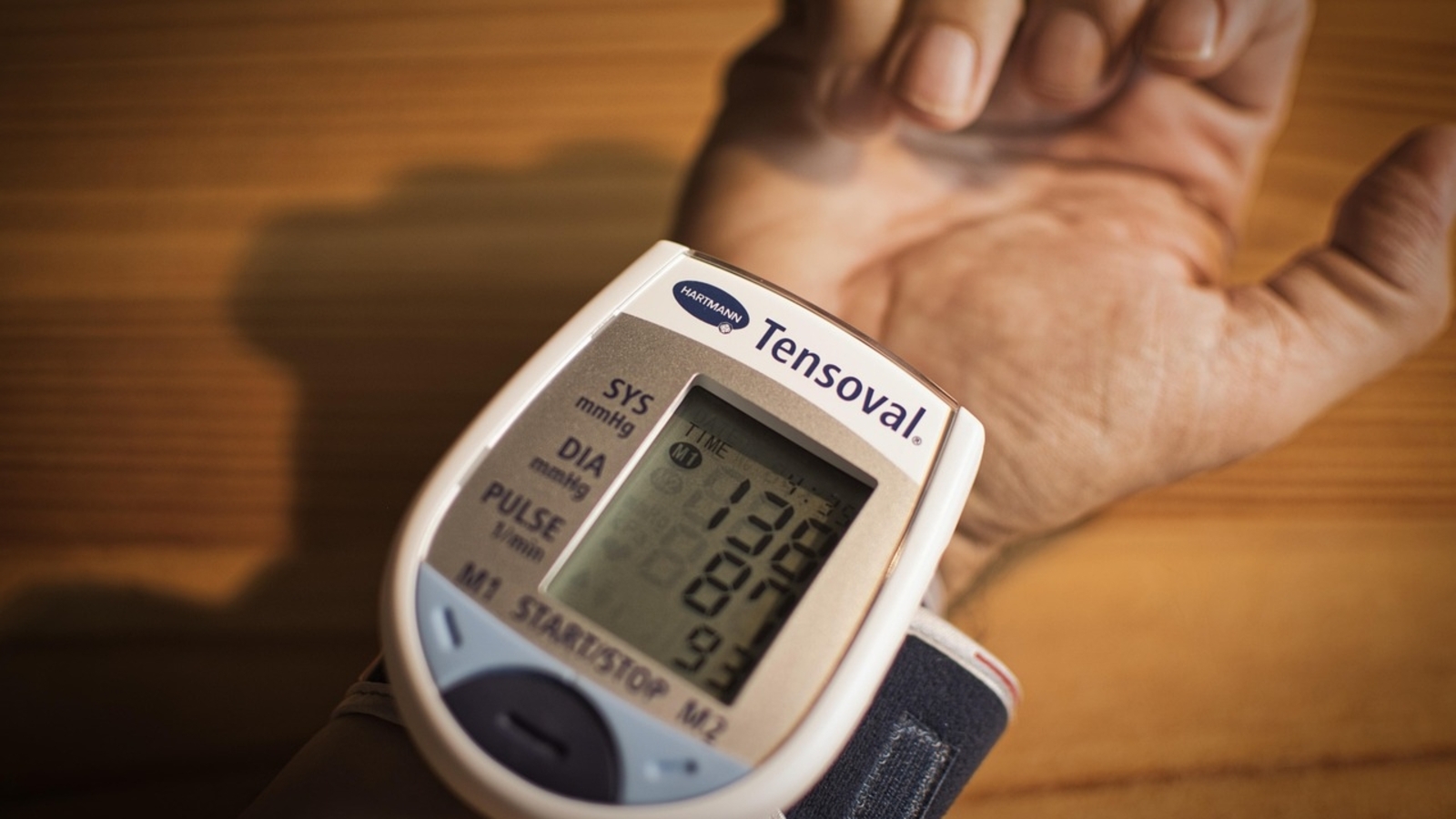
Lower your blood pressure naturally: Outsmart hypertension and save your heart with lifestyle changes that actually work
How did your country report this? Share your view in the comments.
Diverging Reports Breakdown
Lower your blood pressure naturally: Outsmart hypertension and save your heart with lifestyle changes that actually work
Hypertension is the primary risk factor for haemorrhagic stroke and consumption of excessive salt could be one of the reasons. The key lies in early diagnosis, tailored management strategies and a collaborative effort between the doctor and the patient to manage its effects on the heart and the entire vascular system. By identifying and managing hypertension early, individuals can significantly reduce their risk of developing heart failure and other serious cardiovascular diseases. The most lethal is malignant hypertension, which is a severe and rapidly progressive form; potentially causing life-threatening complications such as stroke, encephalopathy and acute kidney injury. Lifestyle modifications – such as adopting a healthy diet low in sodium, engaging in regular physical activity, maintaining a healthy weight, limiting alcohol consumption and managing stress, can significantly lower blood pressure and, in some cases, even eliminate the need for medication.
What you must know about hypertension in 2025:
In an interview with HT Lifestyle, Dr Santosh Kumar Dora, Consultant Cardiologist at Mumbai’s Asian Heart Institute, shared, “Through my decades in the operating theater, I have seen up close the impact of hypertension on the human heart. With our understanding of hypertension evolving significantly over the years, we now realise that we viewed high blood pressure somewhat simplistically, primarily focusing on the systolic and diastolic readings.”
He opined, “Today, we understand the interplay of genetics, inflammation, the hormonal system etc; on hypertension. We recognise that hypertension isn’t just a number; it’s a complex patho-physiological state.”
Hypertension is the primary risk factor for haemorrhagic stroke and consumption of excessive salt could be one of the reasons.(Shutterstock)
Clinically, hypertension is categorised in several ways. Dr Santosh Kumar Dora explained, “Primary hypertension, which is the most common, has no identifiable underlying cause. It’s probably the outcome of a complex interaction between genetic predisposition and environmental factors like diet, lifestyle and stress.”
He added, “Secondary hypertension, on the other hand, arises from medical conditions such as renal artery stenosis, endocrine disorders, sleep apnea, or certain medications. There is also resistant hypertension, where blood pressure remains uncontrolled despite the use of three or more antihypertensive medications, often requiring specialised management.”
Dr Santosh Kumar Dora highlighted that the most lethal is malignant hypertension, which is a severe and rapidly progressive form; potentially causing life-threatening complications such as stroke, encephalopathy and acute kidney injury. He elaborated, “Even seemingly ‘well-controlled’ chronic hypertension silently inflicts damage over time, making early detection and consistent management crucial for all forms.”
By identifying and managing hypertension early, individuals can significantly reduce their risk of developing heart failure and other serious cardiovascular diseases. (Freepik)
It impacts the heart in the following ways –
Atherosclerosis: The buildup of plaque in the coronary arteries, increasing the risk of angina, myocardial infarction and heart failure.
The buildup of plaque in the coronary arteries, increasing the risk of angina, myocardial infarction and heart failure. Hypertensive cardiomyopathy: a specific weakening of the heart muscle directly attributable to chronic pressure overload, is a significant concern.
a specific weakening of the heart muscle directly attributable to chronic pressure overload, is a significant concern. Left ventricular hypertrophy (LVH): Thickening of the heart muscle as it works harder against increased afterload. This can lead to diastolic dysfunction, where the heart struggles to relax and fill properly.
Reverse dangerous blood pressure trends
Dr Santosh Kumar Dora assured, “The good news is that some types of hypertension are curable; especially secondary hypertension; surgical correction of renal artery stenosis or removal of a blood pressure-secreting tumour can often normalise blood pressure. Primary hypertension, however, is generally not curable in the traditional sense.”
He concluded with the advice, “Lifestyle modifications – such as adopting a healthy diet low in sodium, engaging in regular physical activity, maintaining a healthy weight, limiting alcohol consumption and managing stress, can significantly lower blood pressure and, in some cases, even eliminate the need for medication.”
Note to readers: This article is for informational purposes only and not a substitute for professional medical advice. Always seek the advice of your doctor with any questions about a medical condition.
